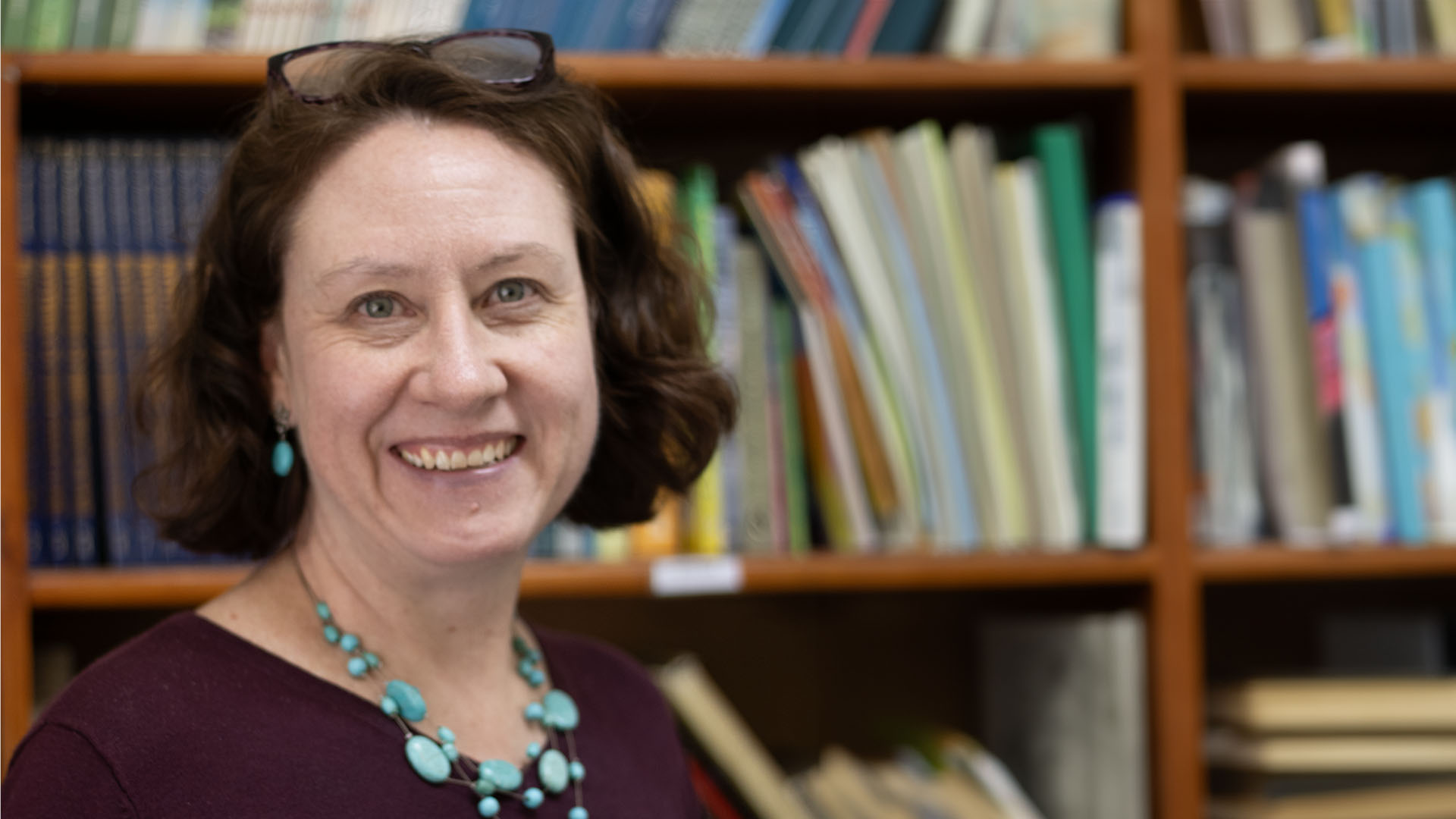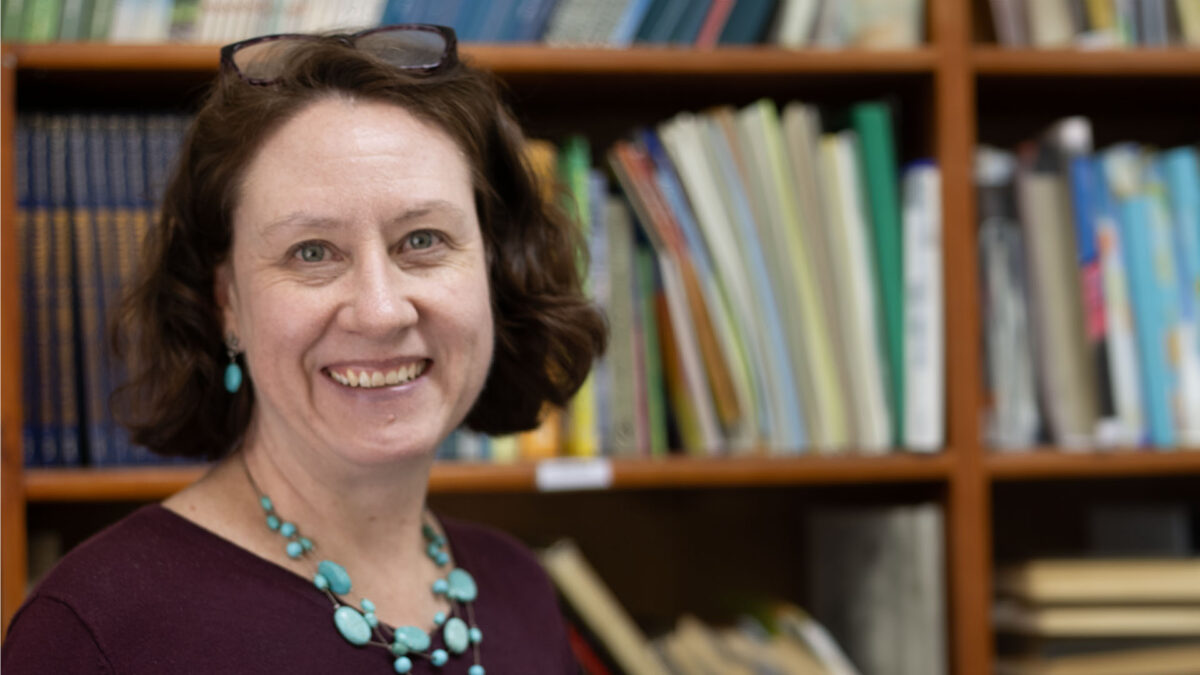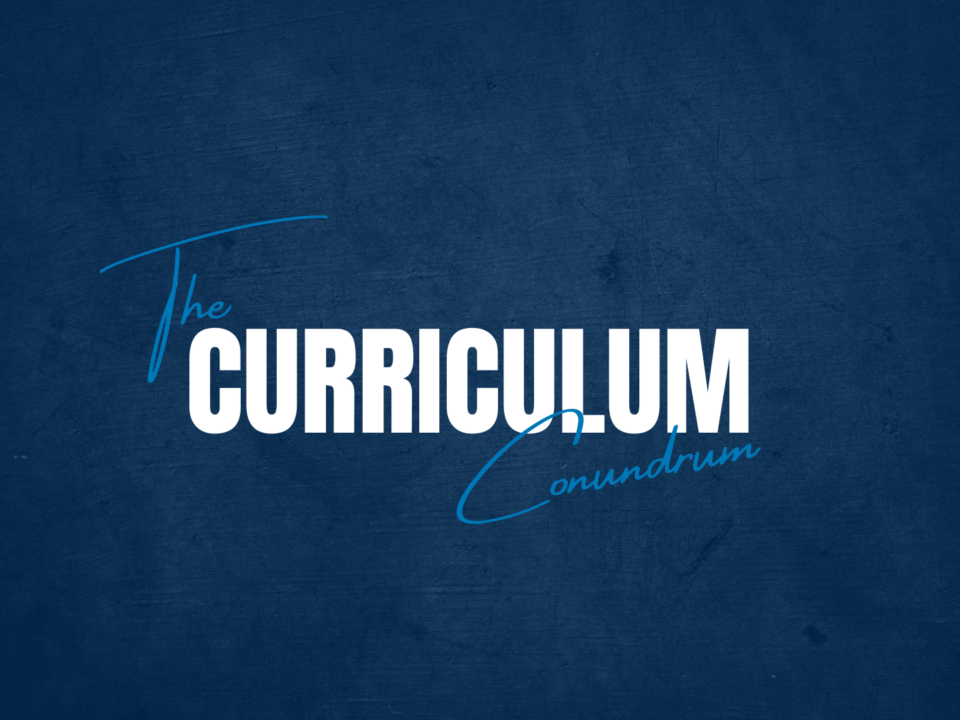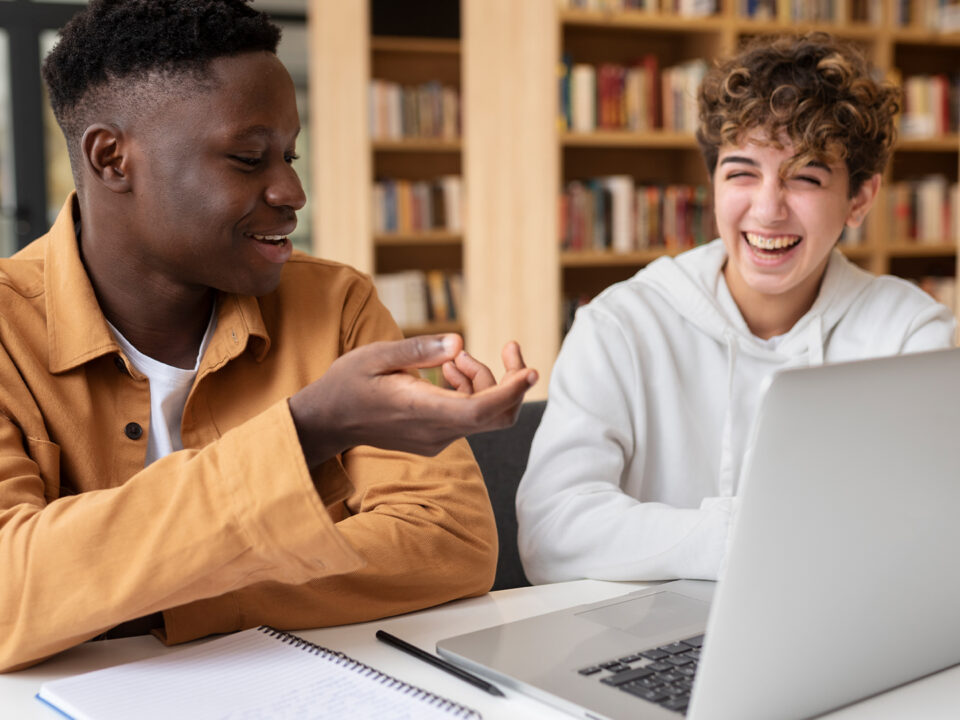
The Importance of Academic Standards in Tailored Education
May 1, 2024
The Curriculum Conundrum
March 24, 2025What My Students Taught Me Over
17 Years of Teaching
In the fast-paced world of education,
the best teachers always continue learning

For Evette Erasmus, Head Tutor at Opti Learn, her most outstanding teachers over the past 12 years have been her students. In this candid interview, Evette shares her insights into what her students have taught her and how these lessons have shaped her approach to teaching. As she reflects on her journey, it's clear that the teacher-student relationship is a two-way street filled with learning and growth.
Q: Evette, you've been teaching for over a decade. What fundamental truths have you learned from your students during this time?
Evette Erasmus: There are a few simple truths I’ve picked up along the way, but what stands out the most is that my students have taught me as much as I’ve taught them. Over the years, I’ve realised that teaching is a mutual experience.
My students have shaped my understanding of education, life, and learning in ways that no colleague or mentor could. I carry these insights with me every day in my classroom.
Q: You mentioned that a curious mind is a beautiful thing. Could you elaborate on how students have influenced your view on curiosity?
Evette Erasmus: Absolutely. One of the most valuable lessons my students have taught me is the importance of curiosity. Often, in traditional education settings, students may hesitate to ask too many questions, fearing that it might make them look less intelligent. But the reality is that asking questions is a powerful way to learn.
Some of my brightest students ask the most questions. They dig deep until they truly understand a concept, and I always encourage that.
I’ve learned that we need to foster this sense of curiosity as educators.
We should encourage students to ask questions, explore topics, and always continue until they get the answers they seek. A curious mind is halfway to finding a solution, and it’s something we should celebrate, not suppress.
Q: That’s an interesting perspective. You’ve also mentioned that having fun is easy. How have your students shown you this?
Evette Erasmus: Kids are incredible at finding joy in the simplest things. Over the years, my students have reminded me how easy it is to have fun, even amidst academic pressures. While we, as adults, often get bogged down by responsibilities, children find joy in things like listening to music, sharing jokes with friends, or even just playing games during break time.
I’ve learned from them that we don't need extravagant experiences to enjoy life. It’s about finding those small moments of happiness in the everyday. It’s a reminder that even in the classroom, creating a fun learning environment can make all the difference in a child’s engagement and motivation.
Q: You’ve touched on the idea that wasting time is an art form. How has this shaped your understanding of time management in education?
Evette Erasmus: This one was a revelation for me! As adults, we’re programmed to value every second of our time, but children have shown me the value of letting go sometimes. Wasting time—daydreaming, doodling, or just staring out the window—can be incredibly valuable.
I’ve seen students return from a daydream or a “wasted” moment with fresh ideas, renewed focus, or a creative spark. It’s taught me that not every second needs to be productive in the traditional sense. Allowing room for imagination, daydreams, and some unstructured time can reduce stress and improve focus when it’s time to get back to work.
Q: That’s a refreshing take! Lastly, you’ve said a kind word can go a long way. Can you explain how this has influenced your approach to discipline and encouragement?
Evette Erasmus: In the classroom, it’s easy to fall into a pattern of pointing out mistakes or focusing on what students are doing wrong. But what my students have taught me is the immense power of encouragement. A kind word, a gentle nudge in the right direction, can have a far more significant and more lasting effect than constant criticism.
I’ve found that when I focus on positive reinforcement, my students respond much better. This doesn’t mean I ignore bad behaviour or mistakes; rather, I address them constructively. By focusing on what they’re doing right and encouraging them to keep going, I see more positive changes in the long run.
Q: As you reflect on these lessons, how have they changed your perspective on teaching in today's world?
Evette Erasmus: These lessons have fundamentally shifted my approach to education. I now see my role as a guide rather than just an authority figure dispensing knowledge. My students have shown me that learning is a collaborative journey, and by staying open to what they have to teach me, I’ve become a better educator.
In today’s world, where students are navigating both the pressures of academia and the digital age, I think it’s more important than ever to be flexible, kind, and open to learning from them. Teaching is about building relationships, and those relationships are what make education such a rewarding experience.
Q: Thank you, Evette, for sharing these incredible insights. Your students have clearly profoundly shaped your experience as a teacher, and we’re sure your words will resonate with parents and educators alike.
Evette Erasmus: Thank you! It’s been a pleasure reflecting on my journey and sharing what my students have taught me. I hope these lessons can inspire other educators to see the beauty in the everyday moments of teaching.
In this interview with Evette Erasmus, we’ve explored the deep and meaningful lessons that can be learned from students themselves. From embracing curiosity to finding joy in the simplest moments, Evette’s experiences remind us of the profound impact that teaching and learning can have.




